Ripple breaks ground in Japan, SBI Group to use XRPL for supply chain solutions

Ripple has partnered with HashKey DX to introduce XRP Ledger-based blockchain solutions to the Japanese market.

SBI Group will become the first Japanese corporation to use XRP Ledger (XRPL) blockchain supply chain solutions as Ripple looks to drive enterprise blockchain solution use cases in Japan.
SBI will break new ground in Japan after Ripple announced it has entered a strategic partnership with Tokyo-based consulting firm HashKey DX. The latter is set to introduce XRPL enterprise solutions to the Japanese market.
HashKey will collaborate with Ripple and SBI Ripple Asia, a joint venture between SBI Holdings and Ripple, to build and introduce supply chain finance solutions in the country. The tools will be built on the XRPL, the decentralized blockchain network initially developed by Ripple Labs.
Related: Ripple to launch US dollar stablecoin, aims to compete with USDT and USDC
A statement from HashKey DX head Andy Dan highlighted XRPL’s enterprise track record, settlement speeds, low costs and scalability as key metrics to build its supply chain finance solution.
“We are confident in our ability to drive meaningful transformation and introduce innovative, cutting-edge solutions for Japanese businesses,” Dan said.
Over the past five years, HashKey Group has developed and implemented blockchain-powered supply chain finance solutions in mainland China. Since its launch in 2019, the firm has over 4,000 registered companies, including 23 banks and 4,300 suppliers, that use its blockchain services.
Related: XRPL blockchain plugs into cross-chain DeFi
The company reports that the total trade amount recorded exceeds $7 billion. Its blockchain solution has also financed nearly $3 billion of transactions in China.
As Cointelegraph previously explored during Paris Blockchain Week, RippleX senior vice president Markus Infanger believes the future of tokenized markets could exceed $16 trillion in value as traditional finance players begin to actively use blockchain networks.
Infanger said that TradFi players are finally bringing financial assets on-chain as they look to deploy for production and solve pain points in various value chains. This is not only happening on permissioned, centralized networks but also on decentralized protocols like XRPL, Stellar and Ethereum.
Infanger said that advanced conversations with various financial institutions are ongoing, and they are exploring tokenization projects to issue assets on the XRP Ledger. These firms already have distribution lined up and can articulate use cases and how they want to use the underlying blockchain.
Cointelegraph has reached out to Ripple Labs for additional information about the partnership with HashKey DX and SBI Ripple Asia.

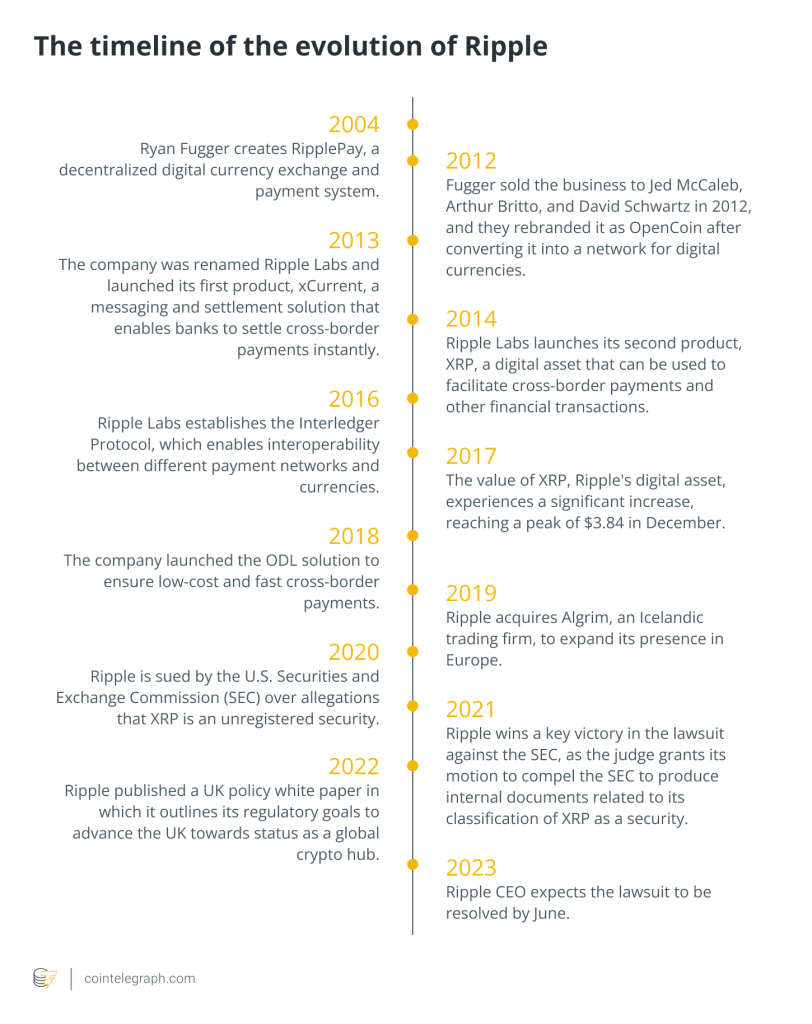
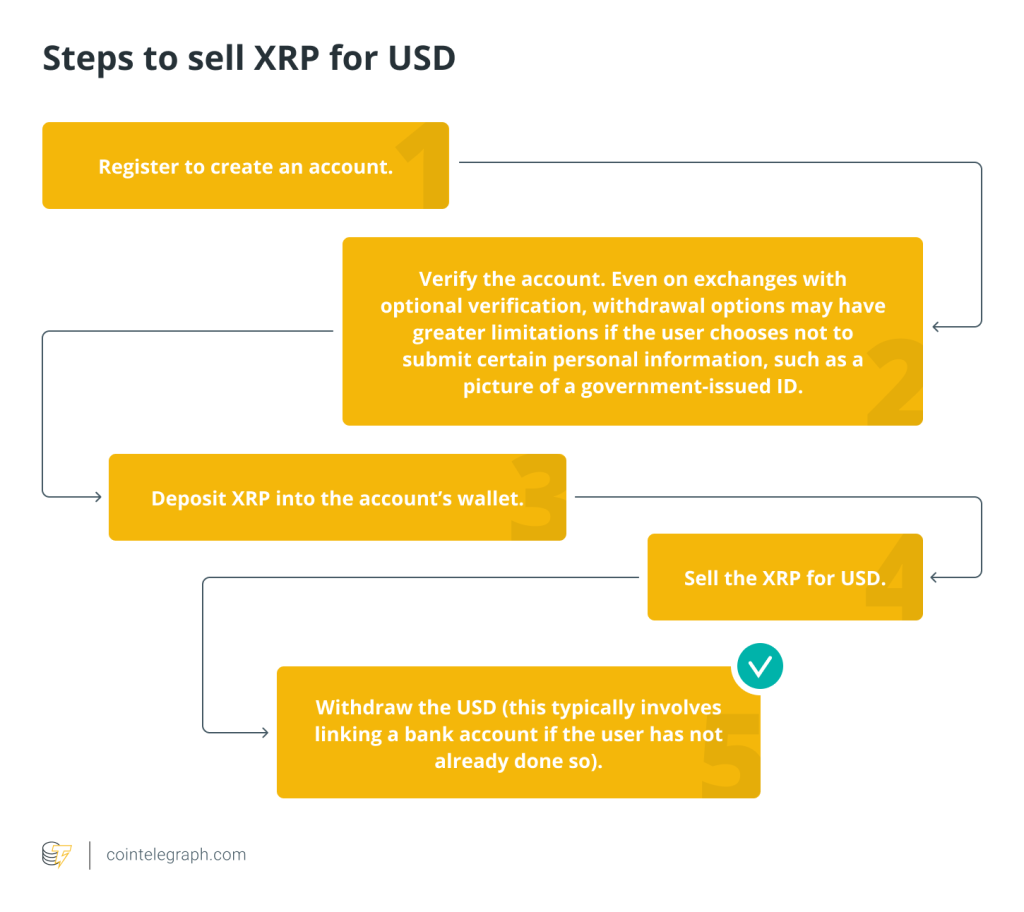
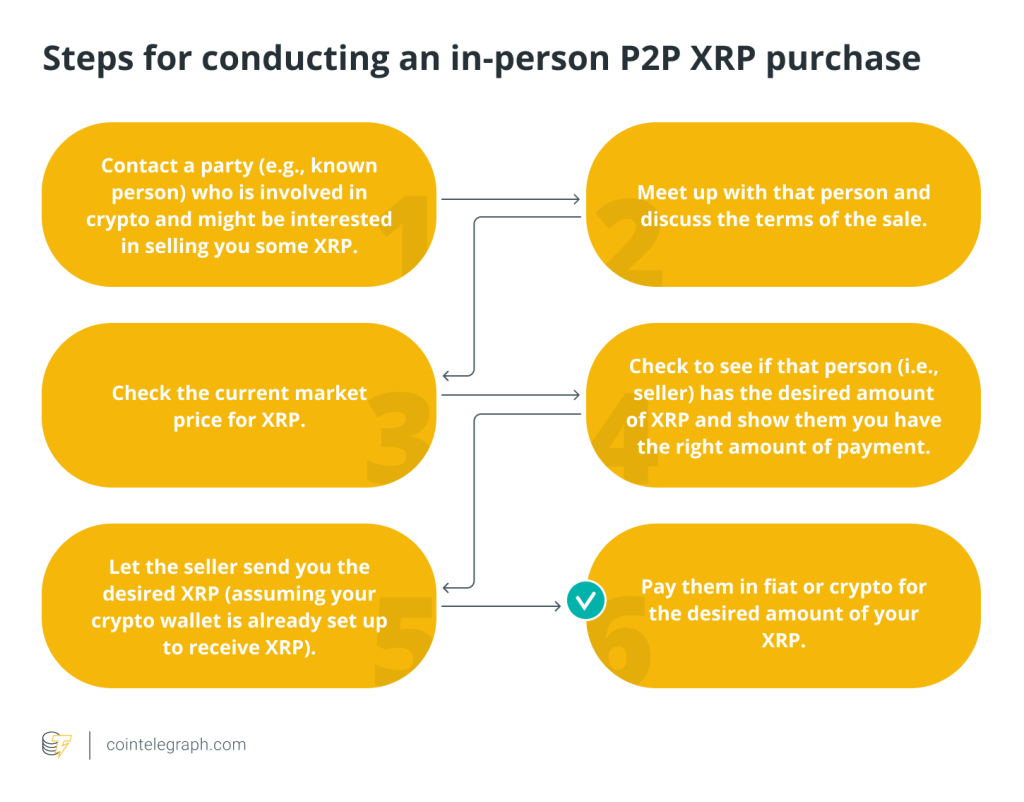
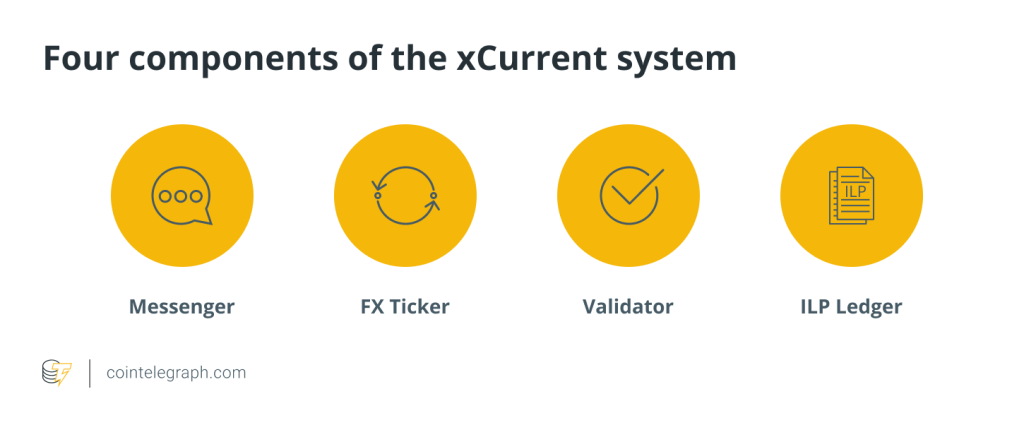
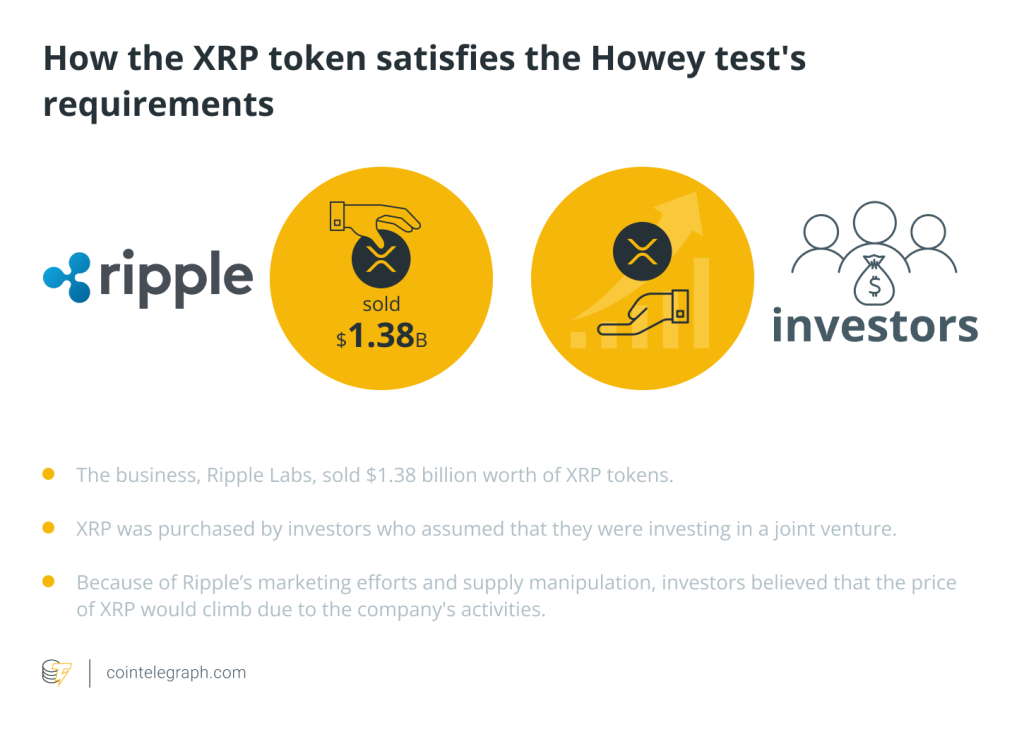
Responses